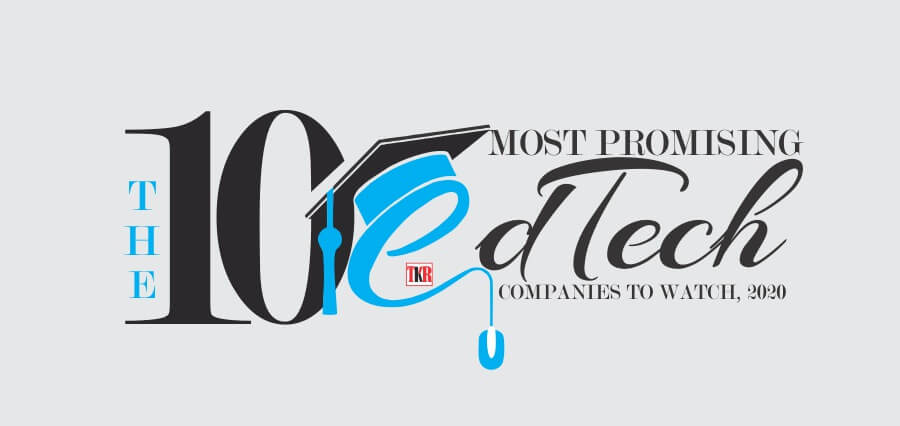Our education system has evolved immensely in the last three-to-four decades. If looked into our grandparent’s time, there weren’t many schools, some students got opportunities, some didn’t, and some just started working at an early age and continued till they became old.
Let’s take a step further to our parent’s generation. That generation had schools in selected locations but still learned through difficult adversities. In parallel with the lack of internet, they also faced monetary problems, bad lighting conditions, etc.
My generation had limited internet, but we learned within established classrooms, tuition, mentors, etc., in a well-educated ecosystem. Further, we were lucky to have computers, guidebooks, extracurricular activities, and most importantly, people who understood the importance of education.
And for the current generation, learners get unlimited internet, mobile apps, high-tech systems, flipped classrooms, online communities and courses, personalized learning, virtual learning, and many more such education-related assistance.
What we are trying to say is that with technological advancements, within education, the forthcoming generation will have an upper hand, always, when it comes to receiving education.
Technology-assisted education or EdTech has supported the delivery of education to become more seamless. It’s not about surpassing current approaches but is to enhance the delivery of education. Most importantly, it benefits students the most. With assistance, we can engage students, measure their progress, and build lifelong learners. Complementing other aspects, it helps children to learn better, teachers to teach better, and make the whole learning process easier.
The reports forecast that the EdTech Industry is set to be valued at $129 Billion in the current year. The industry has changed the structure of the education sector and has stimulated it for the digital age. Not to mention, the way it has revolutionized traditional methods of teaching. Therefore, the field of teaching has become an exciting one for education providers, teachers, and researchers. To quote poetically, ‘the sky is the limit’.
With that in mind, The Knowledge Review presents this exclusive edition, The 10 Most Promising EdTech Companies to Watch, 2020. This edition brings the best of companies transforming the educational sphere.
We kick-start things off with our Cover Story Suraasa, an EdTech firm that can be called as a boon for teachers. The company provides Complete Teacher Lifecycle Management. Two ingenious leaders Ankit Khanna and Rishabh Khanna lead the firm with their transparent vision for the education sector. It aims to change things for in-service and pre-service teachers and provide robust training courses in line with international standards of teacher education.
As the edition’s highlight, we have Eupheus Learning, a company that involves critical thinking and problem-solving abilities alongside a curriculum that is in line with the 21st-century skills. Here, Mr. Sarvesh Shrivastava, Founder, and Managing Director aim to eradicate the idea of rote learning.
In addition to this, we have Admissify, a portal, which aims to revamp the face of the education consultancy experience in India and overseas; Eduncle, a platform that helps students to ask doubts to the exam experts across India and exam peers, get regular guidance, mentorship and study tips, and access quality courses by top Indian faculties; Edwisely, a firm that use Engineering Knowledge Graph to create innovative learning models within the institutional framework; Walnut, a company that focuses on overall student engagement and development.
Other than that, we are privileged to mention Educational Initiatives, Gray Matters India, Getmyuni, and Stepapp.
Also, keep your keen eyes on articles, Creating A Balance Between Traditional and Technological Methods of Learning and Understanding the Dynamics of AI in Education, masterly crafted by our in-house editors.
So, with the sky as the limit, Let’s fly!
-Anmol Preet Singh









